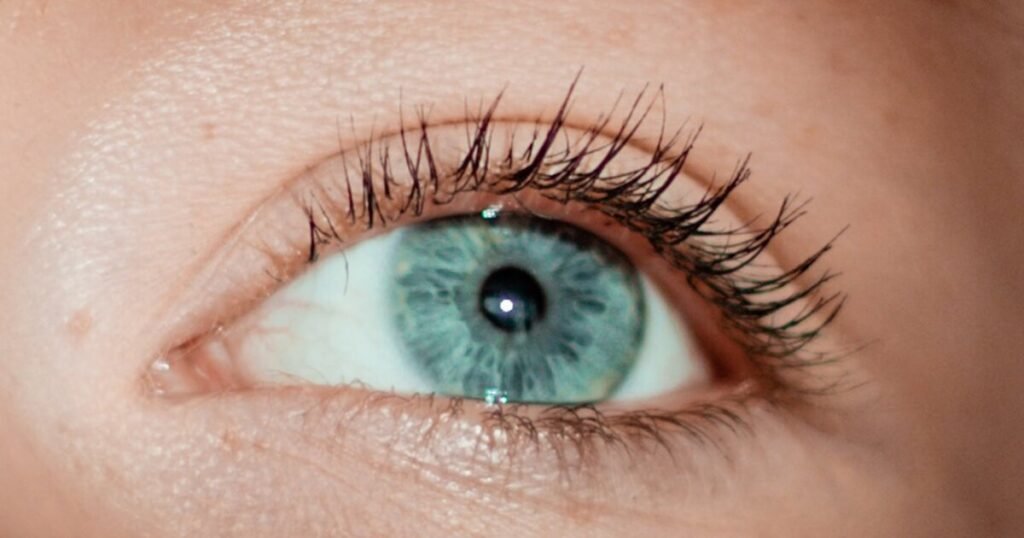Introducing a Revolutionary Brain Health Service in Hong Kong
A groundbreaking brain health service has been unveiled in Hong Kong, offering a cutting-edge approach to predicting Alzheimer’s disease risk using retinal imaging AI. This innovative service, launched by Humansa, a leading health and wellness centre with a focus on longevity, in partnership with i-Cognitio Sciences, is the first of its kind globally.
Understanding the Service
The brain health service features an advanced AI-powered assessment that leverages retinal imaging technology to provide personalized lifestyle recommendations. Developed and validated by i-Cognitio Sciences using a vast dataset of fundus images, including those from Alzheimer’s patients and individuals with normal cognitive function, the AI technology has demonstrated impressive accuracy rates ranging from 80% to 92%. A recent study published in the Lancet Digital Health journal highlighted the efficacy of this technology in identifying Alzheimer’s disease risks across diverse populations.
In addition to comprehensive brain health assessments, the service offers tailored preventive strategies based on individual risk profiles, lifestyle interventions, medical support, as well as longevity solutions incorporating supplements and therapeutic treatments.
Significance of Early Detection
Dementia poses a significant health challenge in the Asia-Pacific region, with one in three individuals over the age of 85 likely to be affected. In Hong Kong, a considerable portion of the population aged 70 and above grapples with dementia, with the majority of cases linked to Alzheimer’s disease. Early detection of dementia is crucial, as studies suggest that up to 45% of cases can be prevented or delayed.
Conventional cognitive tests and structural brain imaging methods have limitations in accuracy, while more precise techniques such as amyloid-PET scanning and cerebrospinal fluid testing are invasive and less accessible. The AI-driven retinal imaging approach pioneered by i-Cognitio Sciences aims to bridge this gap by offering a non-invasive, cost-effective solution for identifying individuals at risk of Alzheimer’s disease.
Emerging Trends in Healthcare Technology
Recent research initiatives worldwide have explored the link between ocular health and neurological conditions. Studies in Australia have demonstrated how AI analysis of retinal images can uncover associations between retinal thickness and diseases like multiple sclerosis and neurodegenerative disorders. Similarly, projects in Japan and South Korea have utilized eye imaging technologies to enhance screening for neurodevelopmental disorders.
Another notable development is the generative AI model developed by researchers at CUHK and Beijing Tongren Hospital, capable of automated diagnosis of eye diseases and even predicting intracranial tumors from fundus images. These advancements underscore the growing significance of leveraging cutting-edge technologies in ophthalmic and neurological healthcare.
Expert Insights
Vincent Mok, the founding director of i-Cognitio Sciences and Mok Hing Yiu professor of Medicine at CUHK, emphasized the importance of early detection in Alzheimer’s disease. He highlighted the potential of AI-driven retinal imaging in identifying early microvascular changes associated with the disease, offering a critical window for intervention before symptoms manifest.


